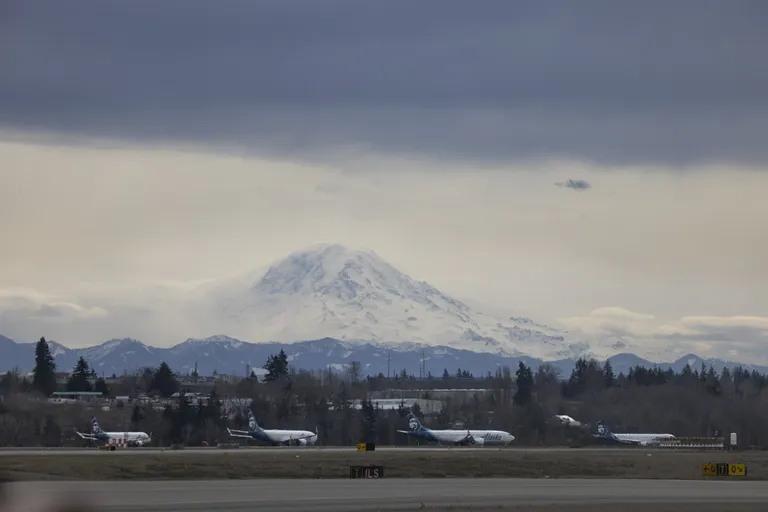For the first time in five years, Congress is working its way through the reauthorization process for the Federal Aviation Administration. It is imperative that Congress uses this opportunity to better incorporate the voices of communities affected by aviation in the federal aviation system. These communities have long raised concerns about aircraft noise and emissions, particularly in low-income communities and communities of color.
The bill would reauthorize the FAA through 2028; the agency’s current authorization expires on Sept. 30. Reauthorization legislation must be voted on by the House and Senate and signed by the president.
The FAA historically has failed to sufficiently incorporate the public health and quality of life concerns of these communities into its purview, even as flight traffic has increased. The FAA reauthorization bill should advance policies to promote better community engagement between the FAA and affected communities and prioritize the health, noise and environmental concerns of these neighborhoods.
Seattle-Tacoma International Airport and the six cities around the airport have developed a list of shared legislative priorities that will make a difference in these areas. Three of those bills — the Sound Insulation Treatment Repair and Replacement Program Act; the Aviation Noise and Emissions Mitigation Act; and the Protecting Airport Communities from Particle Emissions Act — were introduced by Rep. Adam Smith. The Protecting Airport Communities from Particle Emissions Act is currently included in the House version of this year’s reauthorization bill.
∙ Read the Aviation Impacted Communities Act
As a fundamental first step, the FAA reauthorization bill should encourage community engagement with the FAA. That means we need to make addressing aviation noise and environment effects of aviation a central part of the FAA’s mission. The FAA should be required to communicate with residents and local leaders on these issues to effectively work toward addressing their concerns about the impacts of aviation.
The Aviation Impacted Communities Act would accomplish that aim and is the kind of policy that should be considered in the reauthorization process. The FAA must understand that listening to and being responsive to these communities is part of its job.
Communities near airports and underneath flight paths — many of which already face disproportionate environmental and health challenges — have historically been left without adequate support from the federal government to address the effects of aircraft noise and emissions. That is unacceptable.
Rep. Smith and Sen. Patty Murray recently introduced the Sound Insulation Treatment Repair and Replacement Program Act with the support of the Port of Seattle to help expand the use of federal dollars to repair and replace noise insulation packages. The federal government can and should do significantly more to provide affected communities with funding for sound insulation, air filters and other equipment at homes, schools and buildings.
We also need more resources from the federal government to support local environmental and health programs in these communities. The Aviation Noise and Emissions Mitigation Act introduced by Rep. Smith and supported by the Port would fund hyperlocal research of the impacts of aviation noise and emissions on communities and fund noise, environmental and health programs led by the communities they aim to serve.
Lastly, the FAA reauthorization must be aggressive in promoting the research, development and adoption of alternative fuels, and power sources to cut emissions in the aviation sector. The Port is a national leader when it comes to sustainable aviation fuel, setting ambitious goals for the adoption of SAF at the airport. Last year, Congress passed significant incentives for the adoption of SAF and the FAA reauthorization should build on this momentum to continue to foster research and development of alternative fuels and electric planes.
While our aviation system is important to meeting our air transportation needs and supporting economic growth, it also needs to prioritize and protect the health of our communities and the environment. The FAA reauthorization bill is an important opportunity we should not miss to make progress toward that goal.
Read Rep. Smith’s testimony to the House Committee on Transportation and Infrastructure regarding the FAA reauthorization here.
